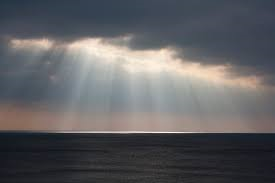Last night at eight the street stood on their thresholds and clapped a tribute to the NHS and other key workers. Possibly for the last time. I hope the NHS doesn't take this as a signal to withold future treatment.
Richy, our neighbour, has added to these occasions by playing carefully selected songs through the hi-fi of the caravan parked in his drive. Those I can remember are: We'll Meet Again (Vera Lynn), Land of Hope and Glory (Probably the audience at a Proms concert), Sing As We Go (Gracie Fields), There'll Always be an England (Anon).
Richy knew exactly what was needed - songs which almost everybody had heard before and could at least hum. Familiar and simple, musically on a par with Happy Birthday. My choices would have ruined the event.
But what would I have chosen? Music that represented England but avoided Brexit's angry isolationism. The oldest, perhaps: Summer is Icumen in.
No need to be serious: Noel Coward wasn't serious in The Stately Homes of England. But - to my horror - I find one line is antisemitic. So no-go.
How about another oldie (17th century): Over the Hills and Far Away.
The introduction to Fairest Isle (Notes: Henry Purcell; words, poet laureate John Dryden; soprano, Anna Dennis) is subdued but the melody is glorious
Or perhaps the best (ie, the most philosophical) song from World War One: Pack up your troubles. (Note the horrific words of encouragement from the nurse.)













